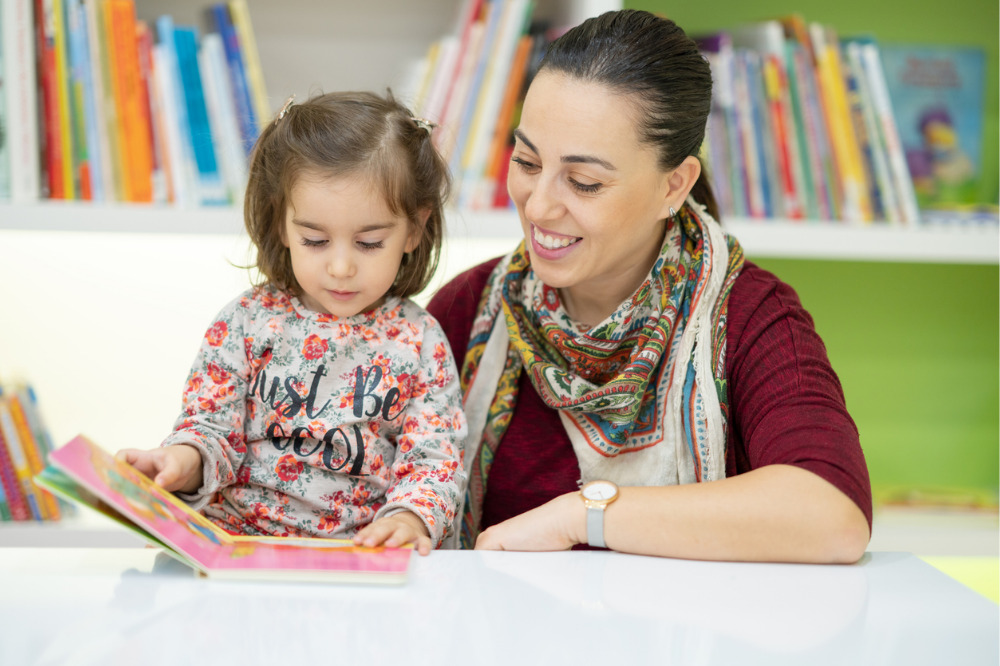
Across Australia, some education departments have been ramping up support for early childhood education as studies show the long-term benefits of Kindergarten on children’s cognitive development.
Earlier this month, the Victorian government launched the ‘Free Kinder’ initiative, which will provide more than 100,000 families across the state access to free kindergarten education this year.
This followed an announcement by the NSW Government in November 2020 that it would invest $120m in funding for community and mobile preschools in 2021, helping more than 44,000 three to five-year-olds attend community preschool.
However, while positive work is being done at the state level, there are calls for the Federal Government to commit to long-term investment in preschool.
This week, Australian Education Union (AEU) federal president, Correna Haythorpe, wrote to every member of the House of Representatives and Senate to seek their support.
“The science is overwhelming. Children’s brains grow and develop at an enormous rate in the years zero to five. What happens in those years has a life-long impact,” Haythorpe said.
“Over and over again, people who have had access to a high-quality early learning experience are shown to be more likely to perform better at school, to stay in school for longer and to go on to higher education and vocational education and training”.
Haythorpe called on Federal Treasurer Josh Frydenberg to include long-term funding for preschool in his May Budget address.
“This Budget must be one for the future as we recover from the COVID-19 pandemic,” she said.
“To meet that test, the Budget must include long-term investment in Universal Access for 15 hours per week for four-year-old preschool and include plans to extend this investment to 15 hours per week for three-year-olds. Failing to make this investment will mean a Budget that fails the future”.
While it remains to be seen what action the Federal Government might take on early childhood education in the upcoming Budget, some experts have highlighted the importance of supporting children who are transitioning to Kindergarten.
One of them is Laurien Beane, Course Coordinator of Early Childhood and Primary Education at the Australian Catholic University’s National School of Education.
According to Beane, a greater focus should be put on ensuring that young children feel confident in their kindergarten or pre-school environment.
“This confidence may be built through the use of transition days, staged entry, parent questionnaires and parent information sessions,” Beane told The Educator.
“Young children may come to visit the room they will attend with small groups of other new children. Parents can provide details to the teachers about their children’s interests which teachers can develop into play based learning materials for the children’s first day”.
Beane said this creates opportunities for children to make friends through cooperative play where they explore their curiosity, share, communicate, make connections with their world, and collaborate.
“Through staged entry, young children co-construct the development of their social skills using cooperative play with peers and their teacher in small groups, for shorter periods in the day,” she said.
“Teachers’ use the curriculum as their guide to assist children to play, learn and engage with a focus on care, empathy and respect for diversity - the foundations for friendship”.


